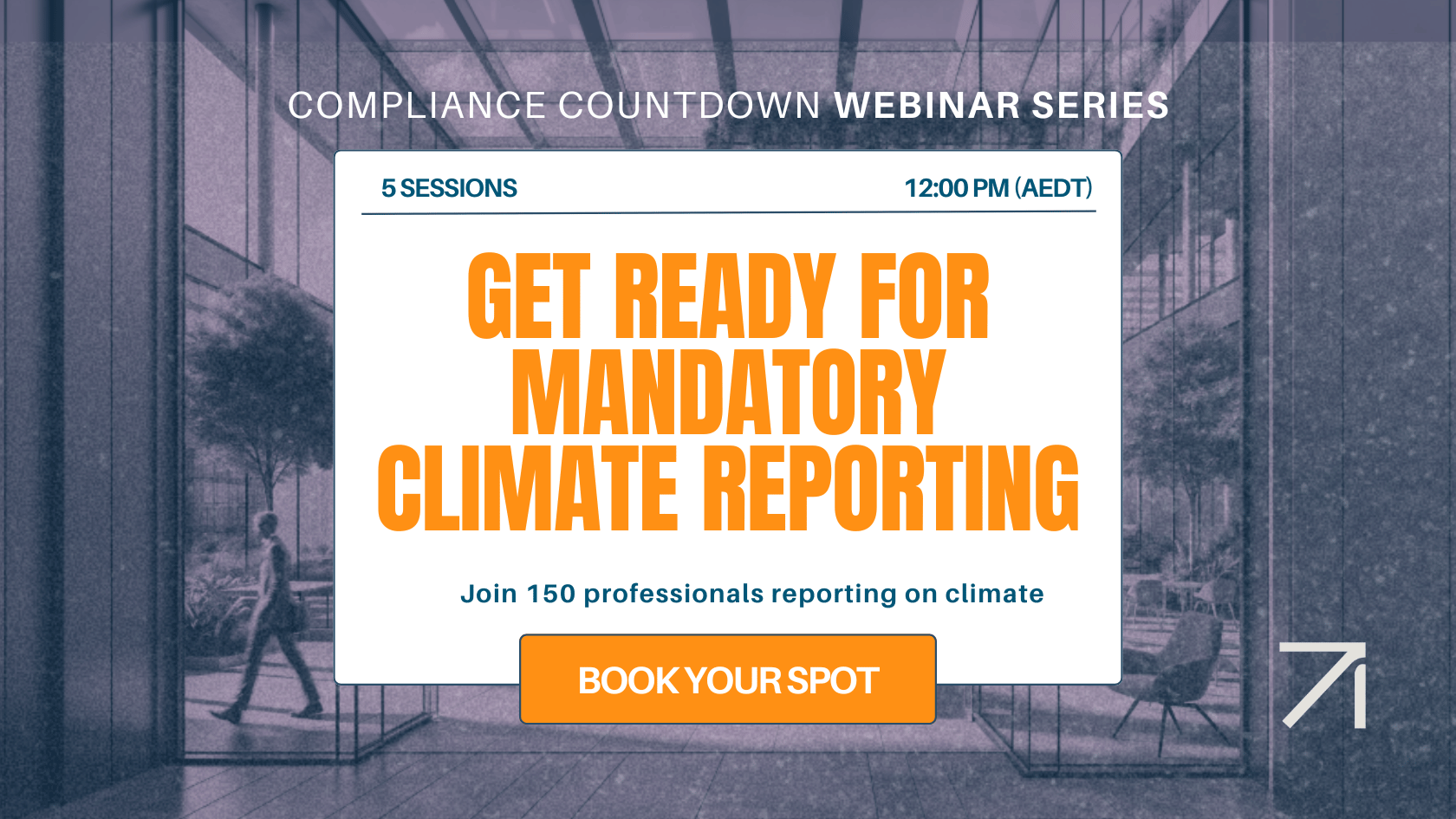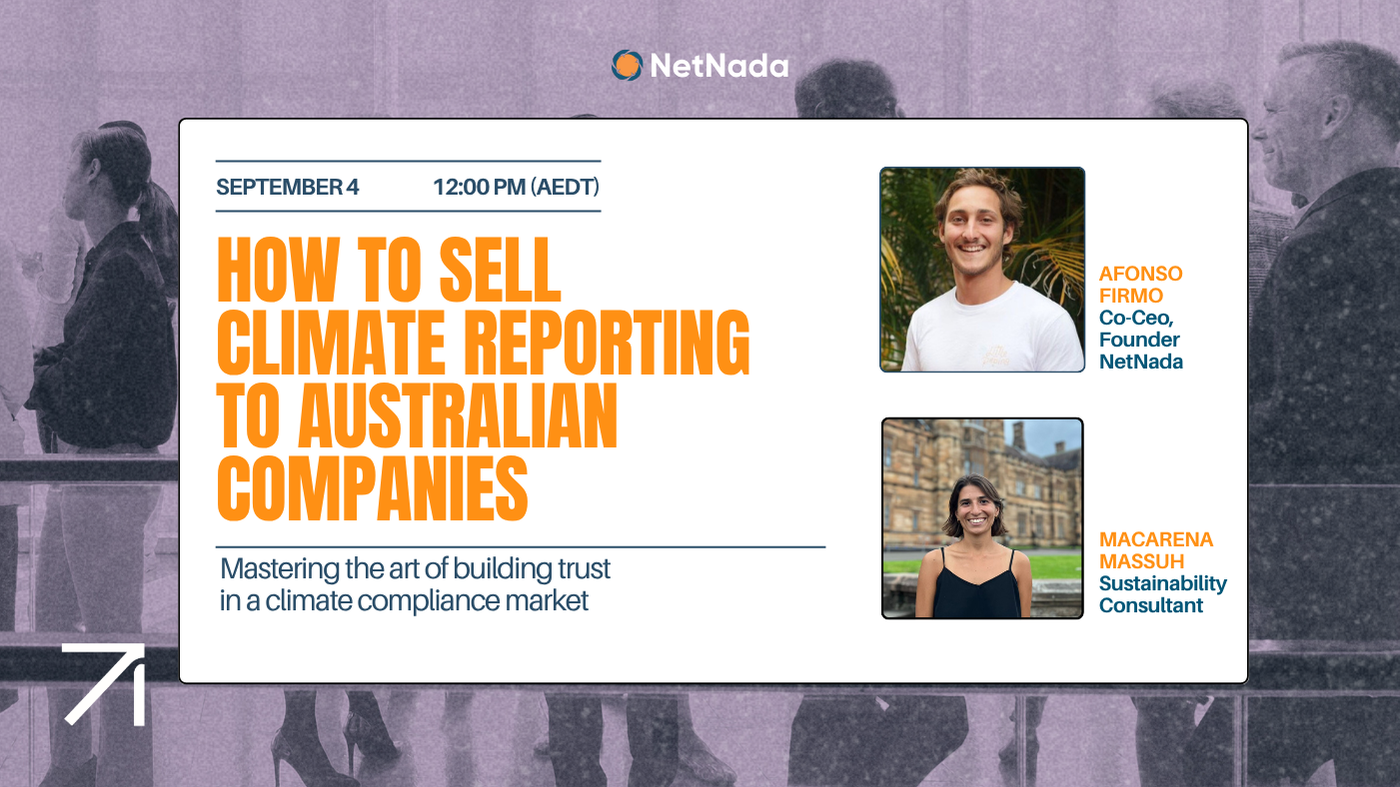What is NGER and what is its primary goal?
The National Greenhouse and Energy Reporting (NGER) Scheme is a cornerstone of Australia's approach to managing greenhouse gas emissions and energy consumption at the corporate level. It is designed to help organisations track and report their geenhouse gas (GHG) emissions, energy production, and energy consumption in a consistent and transparent manner.
The primary goal of the NGER Scheme is to provide the Australian Government, and other stakeholders, with reliable and standardised data on emissions and energy use. This data is essential for implementing policies, measuring progress against national emission targets, and ensuring accountability across industries.
Who Needs to Comply with NGER?
The NGER Scheme appliers to Australian corporations and other entities that meet specific thresholds for greenhouse gas emissions and energy consumption. These entities include large companies in sectors like energy, mining, manufacturing, and transportation, etc. Any organisation that exceeds the prescribed thresholds must report to the Australian Government.
The thresholds are categorized into two groups: Facility Threshold and Corporate Group Threshold.
- Facility Threshold:
- An organization must report if it exceeds any of the following criteria:
- Produces 25,000 tonnes or more of greenhouse gases (CO2-equivalent emissions) from Scope 1 and Scope 2 emissions combined.
- Generates 100 Terajoules (TJ) or more of energy.
- Consumes 100 Terajoules (TJ) or more of energy.
- Corporate Group Threshold:
- An organization is required to report if its corporate group exceeds the following criteria:
- Generates 50,000 tonnes or more of greenhouse gases (CO2-equivalent emissions) from Scope 1 and Scope 2 emissions combined.
- Produces 200 Terajoules (TJ) or more of energy.
- Consumes 200 Terajoules (TJ) or more of energy.
It is important to note that organisations must include all activities in their calculations when determining if these thresholds are met. This includes activities undertaken by contractors or sub-contractors working at the facilities under the organization’s operational control.
How to Comply with NGER?
Organisations that meet the NGER thresholds must comply by submitting an annual NGER report. If an organisation no longer meets the thresholds, it will be deregistered from the scheme.
Key Compliance Requirements:
- Reporting: Registered corporations must report all greenhouse gas emissions, energy production, and energy consumption for facilities under their operational control, as well as those controlled by members of their corporate group.
- Record Keeping: Accurate, consistent, and transparent records are crucial for the NGER reporting process. Organizations should maintain records that document the data analysis methods used, and how decisions were made to ensure compliance with the NGER requirements.
- External Audits: The Clean Energy Regulator (CER) conducts audits to ensure compliance with NGER regulations. Non-compliance can result in regulatory action and penalties, which can apply for up to five years from the date of the submission.
This process helps ensure that organisations manage their emissions and energy use transparently, contributing to Australia's national climate goals.
Benefits of NGER Compliance
Enhanced Regulatory Alignment: Complying with the NGER Scheme ensures that companies are aligned with Australian emissions reduction goals and helps businesses prepare for potential future regulations.
Investor Confidence: Transparent emissions and energy reporting can increase investor confidence, especially in an era where climate-related financial disclosures are gaining importance.
Strategic Planning: By measuring and reporting their energy usage and emissions, companies can identify areas for improvement and optimize their operations for greater energy efficiency and reduced carbon footprint.
Reputation Management: Public reporting of emissions data demonstrates a company’s commitment to sustainability, which can enhance its reputation with customers, investors, and other stakeholders.
Contribution to National Targets: Accurate emissions data supports the broader national effort to meet Australia’s greenhouse gas reduction targets under international agreements, such as the Paris Agreement.
NGER and Your Reporting Compliance
Complying with NGER is crucial for businesses not only to meet regulatory obligations but also to align with broader sustainability goals. Understanding and engaging with the NGER Scheme helps businesses monitor their carbon footprint, manage their energy consumption, and communicate their environmental impact transparently. With upcoming regulations and rising expectations from stakeholders, businesses that proactively engage in emissions reporting are better positioned to meet future compliance requirements and contribute to climate action.
Resources and Further Information
CER Website: https://cer.gov.au/schemes/national-greenhouse-and-energy-reporting-scheme
Department of Climate Change, Energy, the Environment and Water: https://www.dcceew.gov.au/climate-change/emissions-reporting/national-greenhouse-energy-reporting-scheme
































